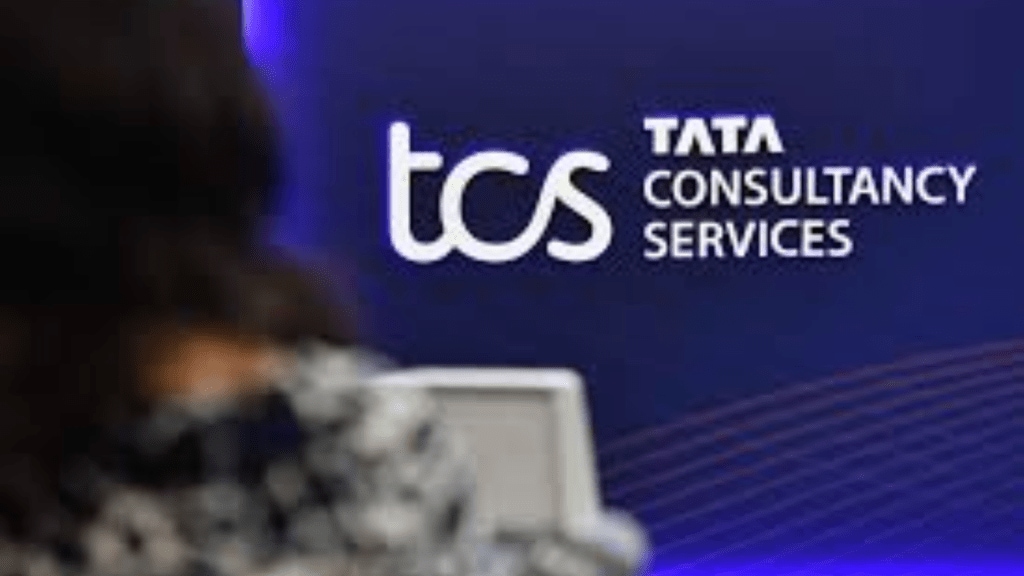Layoffs are hard, even for those who aren’t laid off. After Tata Consultancy Services (TCS) announced a major impending layoff set to affect nearly 12,000 employees over the next year, reports have emerged of TCS taking other extreme measures to keep it economically viable over the coming months.
According to sources from The Economic Times and Indian Today, India’s ‘leading IT services firm’ is reportedly considering a freeze on annual salary hikes and a suspension of hiring for experienced professionals globally. This move follows closely on the heels of the company’s recent mega layoff plans that could affect 2 per cent of its workforce. These measures are reportedly part of a broader strategy by TCS to manage operational costs amidst global trade and macroeconomic uncertainties.
TCS to free increments, senior hiring
The reported freeze on salary increments and experienced hiring comes as TCS initiates its significant restructuring drive. The layoffs, which could primarily target mid and senior-level employees, are anticipated to result in annual savings estimated between $300-$400 million (approximately Rs 2,400-3,600 crore), which experts say could potentially boost the company’s margins.
Adding to the stringent measures, TCS has also implemented a stricter internal policy for benched employees – those not currently assigned to client projects. These employees now face a 35-day deadline to secure a billable assignment or face exit from the company. Phased exits for such staff have reportedly already begun in various Indian cities, including Hyderabad, Pune, Chennai, and Kolkata.
Reports have also indicated that onboarding delays for lateral hires have extended beyond 65 days.
New decisions contradict CEO statement
While TCS CEO K Krithivasan has previously stated that the layoffs are driven by skill mismatches and “future-ready” plans rather than AI-driven productivity gains, analysts believe otherwise. AI and automation are indirectly influencing workforce decisions across the tech industry, prompting a shift towards more efficient and performance-focused models.







